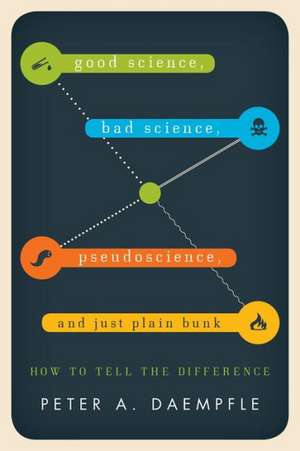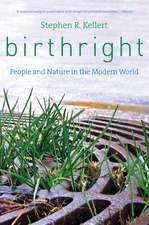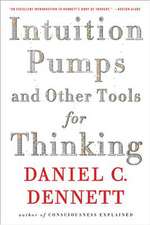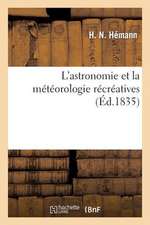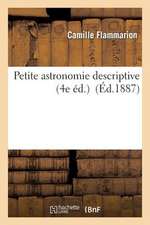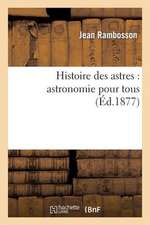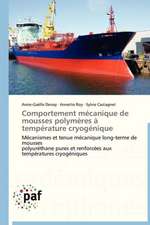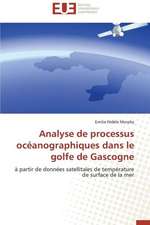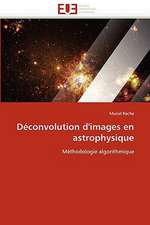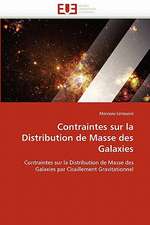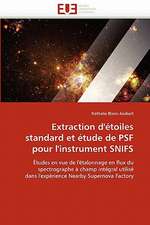Good Science, Bad Science, Pseudoscience, and Just Plain Bunk
Autor Peter A. Daempfleen Limba Engleză Hardback – 19 dec 2012
| Toate formatele și edițiile | Preț | Express |
|---|---|---|
| Paperback (1) | 390.36 lei 6-8 săpt. | |
| Rowman & Littlefield – 8 iul 2014 | 390.36 lei 6-8 săpt. | |
| Hardback (1) | 493.03 lei 6-8 săpt. | |
| Rowman & Littlefield – 19 dec 2012 | 493.03 lei 6-8 săpt. |
Preț: 493.03 lei
Nou
Puncte Express: 740
Preț estimativ în valută:
94.35€ • 102.45$ • 79.26£
94.35€ • 102.45$ • 79.26£
Carte tipărită la comandă
Livrare economică 23 aprilie-07 mai
Preluare comenzi: 021 569.72.76
Specificații
ISBN-13: 9781442217263
ISBN-10: 144221726X
Pagini: 264
Dimensiuni: 163 x 231 x 24 mm
Greutate: 0.54 kg
Editura: Rowman & Littlefield
ISBN-10: 144221726X
Pagini: 264
Dimensiuni: 163 x 231 x 24 mm
Greutate: 0.54 kg
Editura: Rowman & Littlefield
Notă biografică
Descriere
Good Science, Bad Science, Pseudoscience, and Just Plain Bunk teaches readers to think like scientists-to critically evaluate the truth of scientific claims. Filled with provocative real-life examples, from the effects of Bisphenol-A to examining some of the alleged causes of cancer, the book helps readers build their tools of scientific literacy.
Cuprins
List of Figures
Preface
I. Science Tools
1: Introduction
2: Science is Arguing
3: Tools Scientists Use
4: Science for Every Person
5: The Role of Critical Thinking
II. Science in Everyday Life
6 : The Media
7: Pseudoscience
8: Debunking Science Myths: Separating Fact from Fluff
9: What are Scientists¿ Responsibilities?
III. Science: Threats or Compromises
10: Science Progress
11: Getting People to Love Science
12: Driving the Economy through Science
Acknowledgments
About the Author
Glossary
Index
